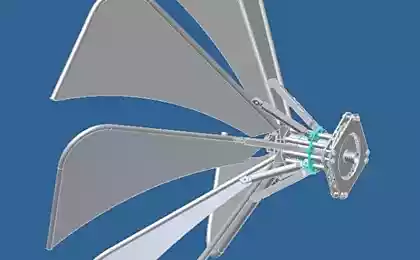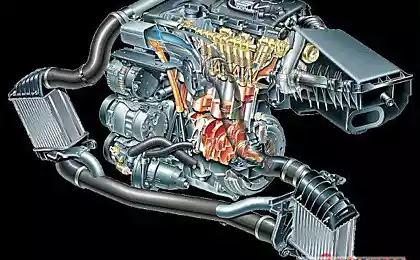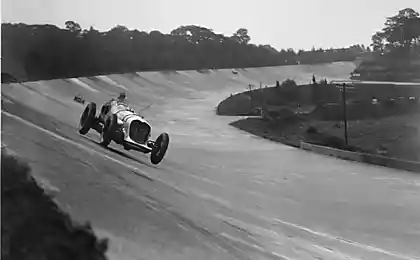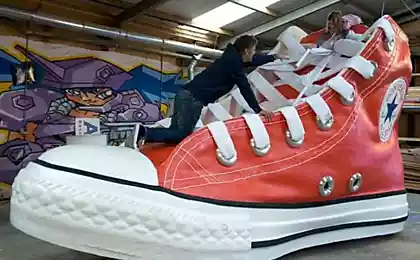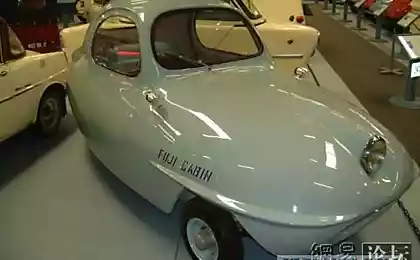505
The fastest electric car set a world speed record
The group of students from the Technological University of Delft, members of the team Racing Team, managed 20 percent to improve the world record time taken the electric car to accelerate to a speed of 100 kilometers per hour. The races were held on the runway of the airport of Valkenburg, and behind the wheel of a racing car sat Marly Kuijpers (Marly Kuijpers), the easiest of the team members. A record was read which the vehicle could accelerate to 100 km/h in 2.15 seconds, though during a later-in that time it was improved to 2.13 seconds.
In order to set a new record by the Dutch team had to work hard. The car repeated the check about ten times, before each of which was performed a careful adjustment of the dynamic characteristics of the motor and the angle of the wheels. In addition, race track, slightly moistened by rain, watered with a solution of sugar, in order to provide a more robust vehicle traction with the road surface.
It is expected that a "brother" Dutch electric car electric race car designed to race in Formula E will accelerate to 100 km/h in approximately 3 seconds. This is due to the fact that one battery of the Formula E car will weigh as a Dutch car with a driver to boot.
Unfortunately, the Dutch team despite a broken record, failed to place in the Book of Guinness world records. This is because for inclusion in the Guinness Book of world records, the Dutch would have to fulfill a number of requirements to the design of the car. These requirements would have led to a slight increase in the weight of the car, and then he could hardly move with the same acceleration.
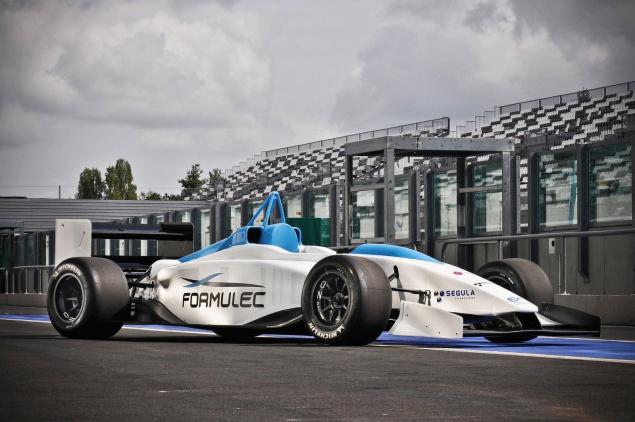
The car used by the team of Dutch students is a converted racing car of the Formula Student class of 2012. Electric engine installed on this car has a capacity of 135 horsepower. This power is distributed in certain proportions for the four wheels of the car that provides the most effective use. Such a scheme has many advantages, which let in July the team of Swiss students with their electric car to win the Formula Student competition, beating vehicles with traditional internal combustion engines.
Changes to the rules that will apply to the establishment of various records-electric racing cars will be slightly tightened at the end of this and early next year. The cars should have wings and a more capacious battery, which will significantly increase their weight. The heavier machines are unlikely to be able soon to reach a record high of acceleration, so that the record of the Dutch team is not in danger, at least in the next two to three years.
Source: newsland.com
In order to set a new record by the Dutch team had to work hard. The car repeated the check about ten times, before each of which was performed a careful adjustment of the dynamic characteristics of the motor and the angle of the wheels. In addition, race track, slightly moistened by rain, watered with a solution of sugar, in order to provide a more robust vehicle traction with the road surface.
It is expected that a "brother" Dutch electric car electric race car designed to race in Formula E will accelerate to 100 km/h in approximately 3 seconds. This is due to the fact that one battery of the Formula E car will weigh as a Dutch car with a driver to boot.
Unfortunately, the Dutch team despite a broken record, failed to place in the Book of Guinness world records. This is because for inclusion in the Guinness Book of world records, the Dutch would have to fulfill a number of requirements to the design of the car. These requirements would have led to a slight increase in the weight of the car, and then he could hardly move with the same acceleration.

The car used by the team of Dutch students is a converted racing car of the Formula Student class of 2012. Electric engine installed on this car has a capacity of 135 horsepower. This power is distributed in certain proportions for the four wheels of the car that provides the most effective use. Such a scheme has many advantages, which let in July the team of Swiss students with their electric car to win the Formula Student competition, beating vehicles with traditional internal combustion engines.
Changes to the rules that will apply to the establishment of various records-electric racing cars will be slightly tightened at the end of this and early next year. The cars should have wings and a more capacious battery, which will significantly increase their weight. The heavier machines are unlikely to be able soon to reach a record high of acceleration, so that the record of the Dutch team is not in danger, at least in the next two to three years.
Source: newsland.com
The most influential animals in the history of mankind
Power and restorative exercise reduce the risk of diabetes in women





